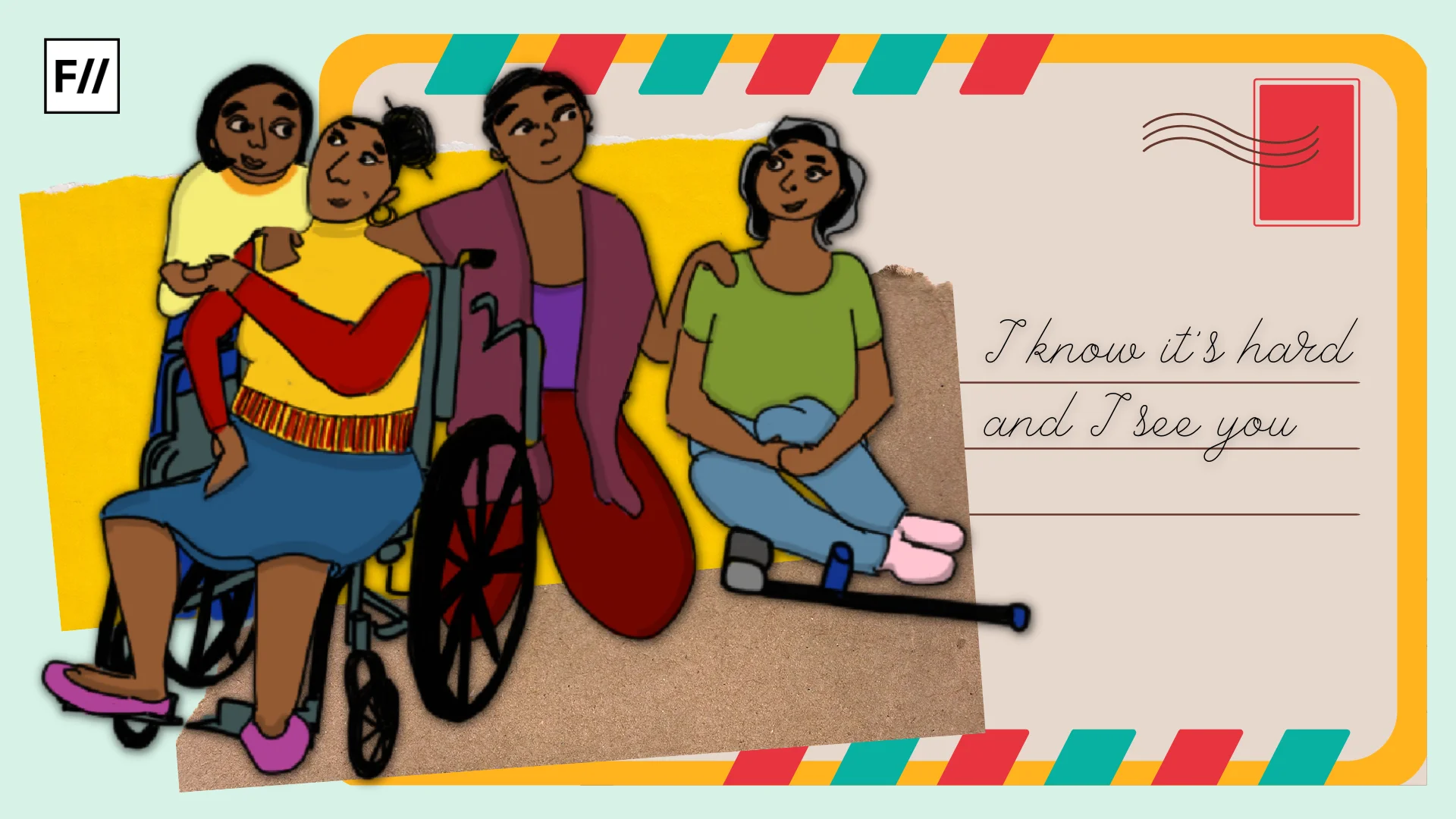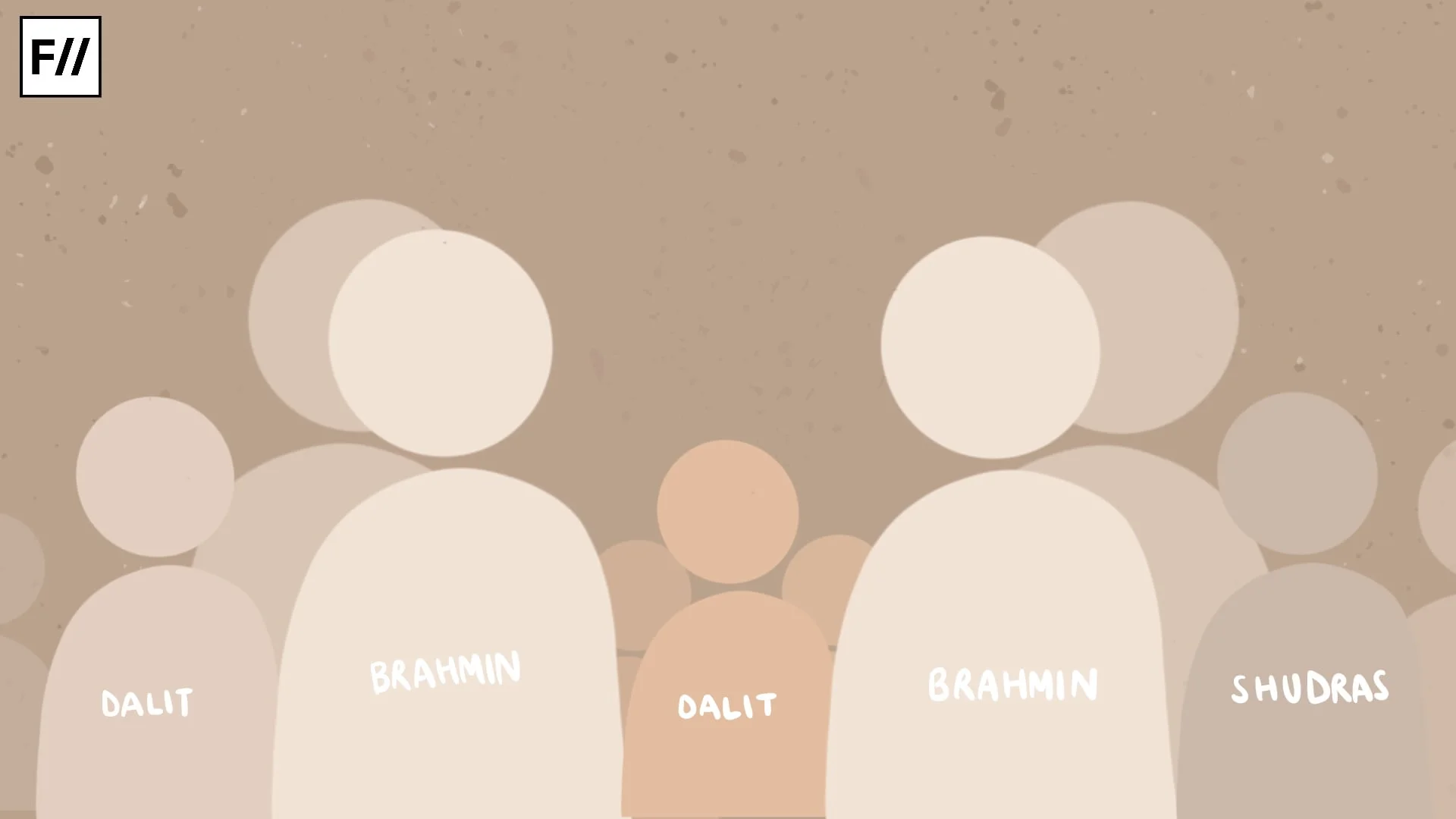In the 1944 mystery-thriller Gaslight, Ingrid Bergman plays the role of a woman whose husband manipulates her shrewdly, falsifying or negative hard evidence (including the flickering gaslight), leaving her to deal with disorientation, self-doubts, and hysteria. The film made over four million at the box office, with Bergman winning an Academy Award, but the original play and its film adaptations are credited for contributing the term gaslighting, in psychological and clinical literature.
In their book, When Men Batter Women: New Insights into Ending Abusive Relationships (1998), Neil Jacobson and John Gottman define gaslighting as “the ultimate form of abuse [where the abuser] gain[s] control of the victim’s mind, to make her doubt herself so that she believes the abuser’s view of reality”. The abuser, in this case, known as the gaslighter manipulates by substituting the subjective narrative of the victim with theirs, causing the victim to doubt, and lose their personal interpretation of the reality.
the gaslighter manipulates by substituting the subjective narrative of the victim with theirs, causing the victim to doubt, and lose their personal interpretation of the reality.
Another definition, given by Kate Abramson highlights the emotional manipulation of the victim such that their perceptions, thoughts, or interpretations of events/actions are treated as misinformed, mistaken, and often as crazy. This implies that the victims cannot be trusted of their experiences, and hence need not be taken seriously.
Gaslighting, unlike its more dramatic portrayal in mainstream media, in reality, exists in most micro-level contexts including an abusive romantic relationship, an abusive parent-child relationship, an abusive boss-employee relationship, and in macro-level contexts such as can be observed among the countries with geopolitical supremacy over others. And although gaslighting has been mostly experienced by women, it goes without saying that the strategy is commonly used to keep the subaltern, in their rightful place within a household, in a workplace, or in history.
the strategy is commonly used to keep the subaltern, in their rightful place within a household, in a workplace, or in history.
As a recovering victim of gaslighting, I have found that deconstructing my experiences in the light of new knowledge and literature has been redemptive. For the purpose of this essay, I rely upon those personal experiences, and while this may compromise the integrity of some individuals, my intention is not that at all.
Among the many memories from my formative years, one stands out to predominate. It is the memory of my mother, crying. Over the years, the reasons behind her tears have changed; but when I was growing up, it was because she suffered physical violence from her husband, a man she had chosen for herself.
On such occasions, my sister and I would gather around, holding our mother’s sari, in a vain attempt to shield her from our father. These violent episodes would come and pass, following the pattern of seasonal change. But I learned quite early that between my mother and my father, my mother needed our support and that, as my mother put it, “My life is ruined because of this man”.
However, it was not only my father, who was convicted of this fateful verdict. I learned soon enough from my mother that I shared it with him; that I was as responsible for ruining my mother’s life as my father had been. Although today I understand the circumstances under which my mother’s resentment of her husband projected itself onto me, yet, when I first heard her accusation, I was a mere six-year-old. That statement, “My life is ruined because of you”, devoid of any explanation/reason, has remained with me as my foundational identity, my definition of the self, over which other identities were later constructed.
Also Read: Why You Need To Mind Your Language While Talking About Mental Illnesses
The American linguistics scholar Stanton Wortham proposes that the self is a process, in which identity is formed within a conversational context. He theorised that if a particular narrative, within a conversation, becomes “repeated and becomes habitual”, it can form the victim’s identity for herself/himself. In the light of this theory, it appears that my mother’s [unintentional] characterisation of me as “bad”, “evil”, and “ruinous” became my internal monologue, and subsequently my shadow narrative.
Simply put, how she saw me was how I saw myself. The effects of the internalisation reflected through confused emotions of guilt, shame, and self-loathing, and in behaviours such as avoiding conflicts (including confrontation), a strong sense of morality, wanting to please, and emotional dysregulation.
Much like gaslighting in an abusive parent-child relationship, gaslighting in a emotionally abusive romantic relationship follows certain patterns. Traditional heteronormative relationships and social systems permit gaslighters to take advantage of women’s pre-defined status and nature; she being considered an infantile, when she finds herself in an abusive relationship/situation, it is her own doing, and hence, she need not be taken seriously.
Traditional heteronormative relationships and social systems permit gaslighters to take advantage of women’s pre-defined status and nature
However, this is not the only predicament she experiences. Women have been alienated from their subjective narratives, these narratives often substituted by men’s narratives, stripping away in the process not just her agency, her faculty, but also her right to create an alternative.
The consequences of my gender and the earlier internalisation manifested themselves upon me, when I entered into a romantic relationship. On one occasion, while confiding about my sexual abuse in my teen years to my then-partner, I received another “misplaced” statement, “Maybe you misunderstood”. On another occasion, “Maybe you experienced it but you didn’t know”, this when I replied “No” to his question “Did you reach orgasm?”
Of course, the relationship did not last long but it helped me see how gaslighting existed inside the heteronormative framework. With male knowledge presiding over female knowledge, her account will be discounted, on account of her fragile emotions, poor reasoning and analytical thinking. To this extent, I am glad that my mother had the tenacity and the forevision of placing the blame outside her, even if it was misplaced.
For this reason, postcolonial literature and feminist literature have become sacrosanct – they explain how power and responsibility get monopolised and how usurpation of peoples’ bodies, minds, and their narratives were absolved of it’s inherent political oppression, violence and denigration. More importantly, in them, exists the key to discard the oppressive narrative and build instead, a strong personal and communal narrative. We, the subaltern must take back the narrative, even if it takes time or as Audre Lorde says, “The master’s tools will never dismantle the master’s house.”
Also Read: How Your ‘Tough Love’ Hurts People with Depression – And What to Do Instead
Featured Image Credit: Vox.com
About the author(s)
Rathi R teaches sociology and psychology at a media institute. When she is not teaching, she reads postcolonial and feminist literature and nonfiction writings. She has Master's degree in Social Work and is currently based in New Delhi. She writes at ratzest.wordpress.com.





wow! I admire how articulate you are and how you threw light on an issue that is hardly spoken about and explored, the other day I was thinking about the concept of gaslighting and how its hardly considered dangerous and isn’t spoken about much. Kudos to you for bringing this to the forefront.
Ps- I am pursuing my bachelor’s in social work 🙂
Hi Tarini, Thank you for your comment. Most of us would have experienced gaslighting and it is likely that the ones who we engage with on a day-to-day basis could have been our gaslighters (in some cases, it is unconsciously done). The best we could do is to become aware of the phenomenon and gradually learn to break the pattern.
And, congratulations for pursuing your Bachelor’s degree in social work. Let me know what your plans are. All the best.
“Of course, the relationship did not last long but it helped me see how gaslighting existed inside the heteronormative framework. With male knowledge presiding over female knowledge, her account will be discounted, on account of her fragile emotions, poor reasoning and analytical thinking. To this extent, I am glad that my mother had the tenacity and the forevision of placing the blame outside her, even if it was misplaced.” — THIS! Kudos to you for writing this.